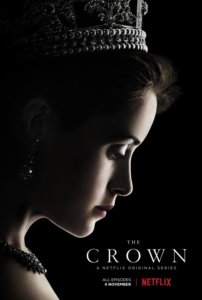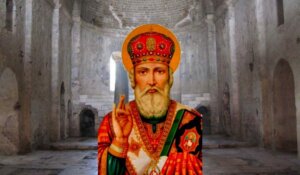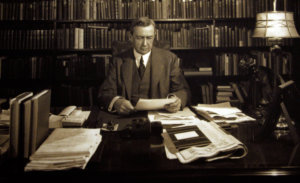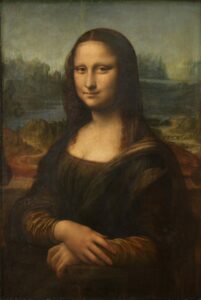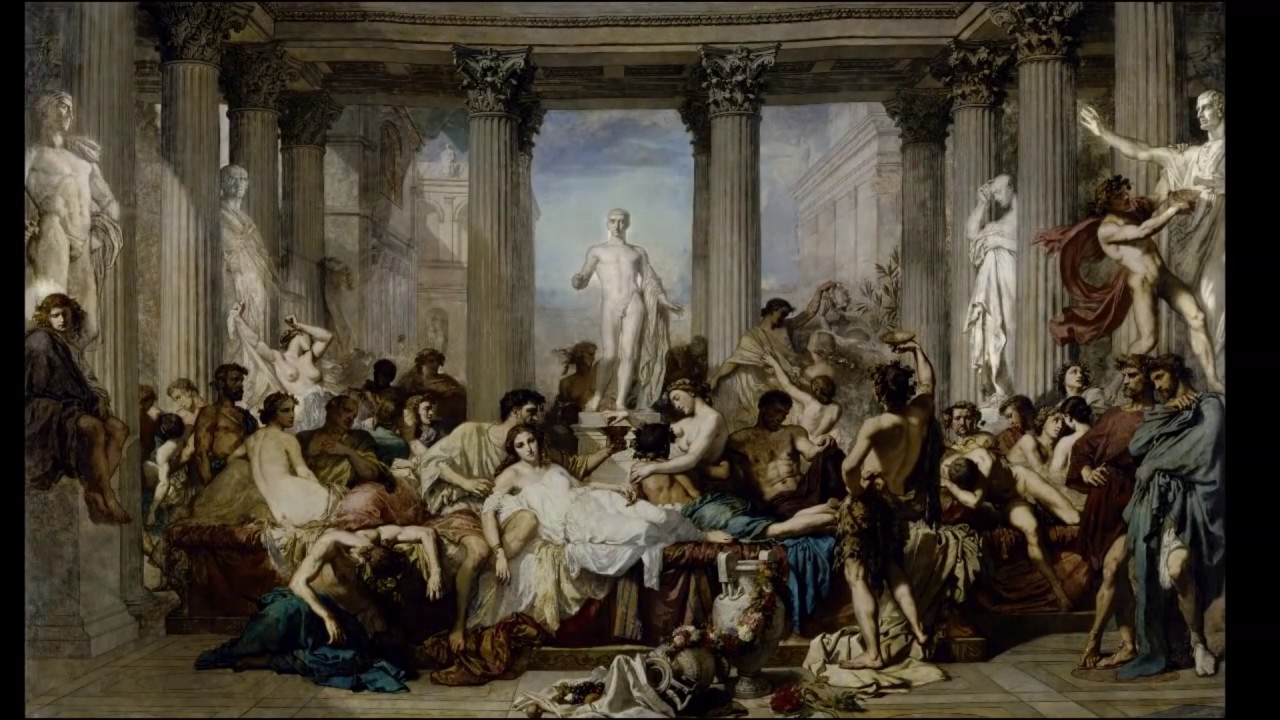
The Ottoman Empire is an important state that has shaped world politics for 400 years from its establishment. It started to lose its feature from the period that started with the Karlowitz Treaty. Towards the end of the 18th century, it became unable to protect its lands alone. In the 19th century, European states such as England, France, Russia, Spain, and the Netherlands both determined world politics and pioneered radical changes that laid the foundations of the modern world in terms of culture.
Euro-Russian Culture
19. At the beginning of the century, Russian culture underwent more changes than other European states. Russian theater, literature and music spread, loved by the western public. The name of this period was called the ‘Golden Age’. Classicism produced many masterpieces. Mythological subjects, biblical themes were used. While there are various historical writings, we see writers such as Shiller or Shakespeare in the theater. Classicism in Russian culture left its place to Romanticism. As progressive and conservative, there are advanced writers such as Rileyev, Kiichelbecker, Bestuzhev-Marlinsky, Davydov, Zhukovsky, Baratynsky. Europe was greatly influenced by these cultures, although politics slowed down the 19th century literature over time, a change in general culture was inevitable. 19th like Pushkin. Another important artist of the century, Karl Bryullov, painted a painting called ‘The Last Day of Pompepeii’. The famous artist visited the ancient city of Pompeii, which was destroyed by a volcanic eruption in 1803, and drew this work. Even though Russian culture lagged behind in Europe economically and politically, it managed to arouse great repercussions in Europe with the cultures and trends it spread. Most notably, their literature has been remarkable.
Culture Between European States
19. When we look at the general culture of the European states of the 19th century, we never see that a single state was dominant. Whatever it is 19. These states shaped the modern world of the 20th century. Cultures in Europe formed different areas with rapidly changing European states. While economic and social changes increased the settlement from rural to urban, radical changes such as industrialization and agriculture were taking place.

